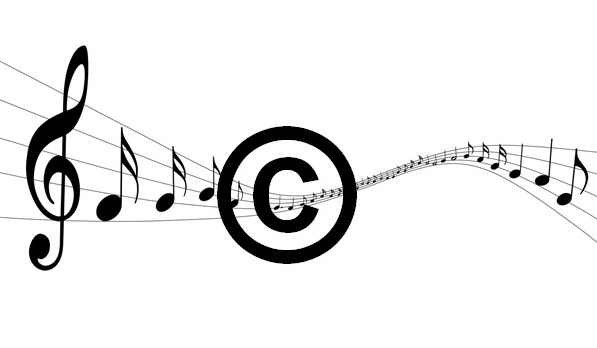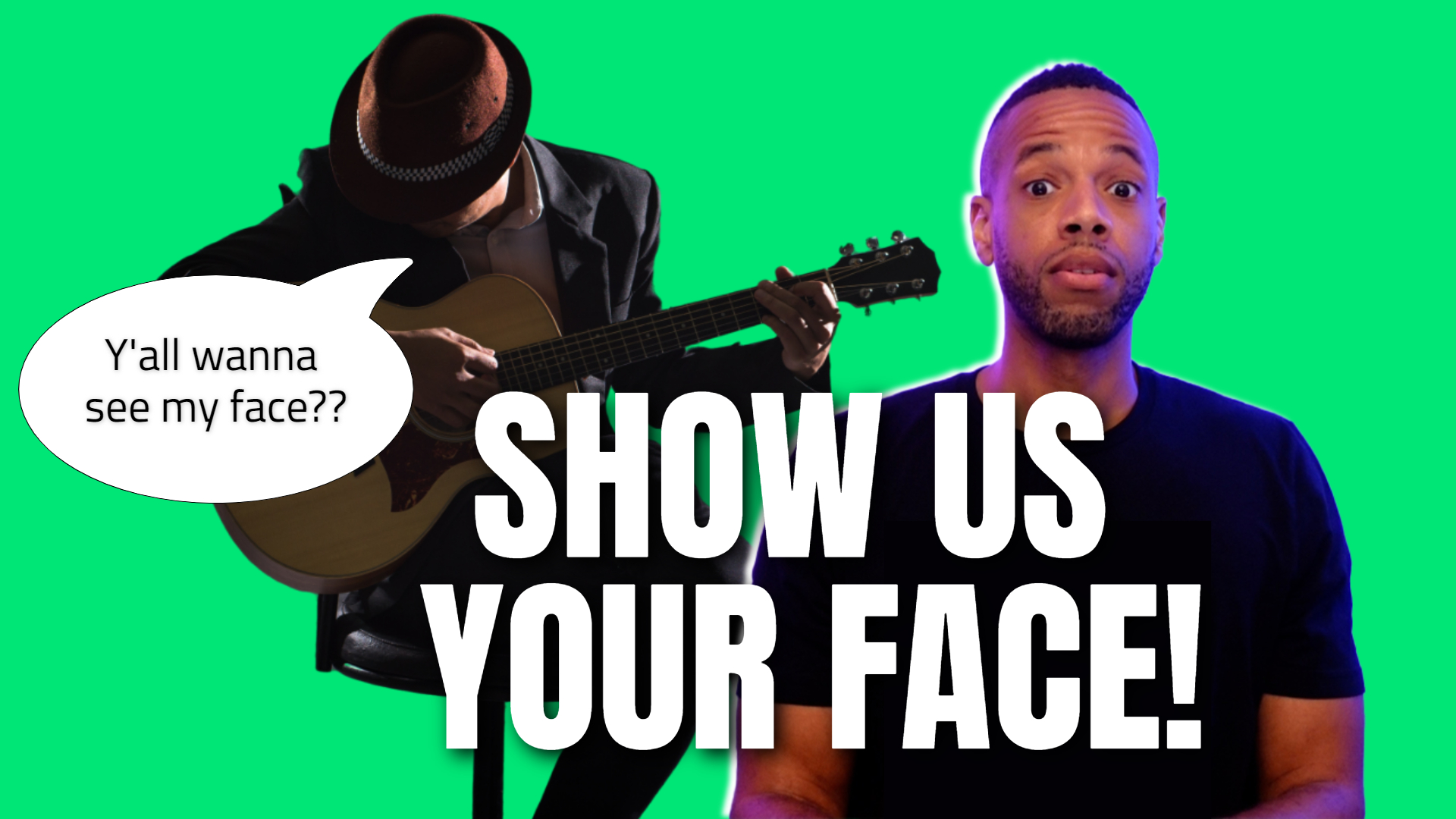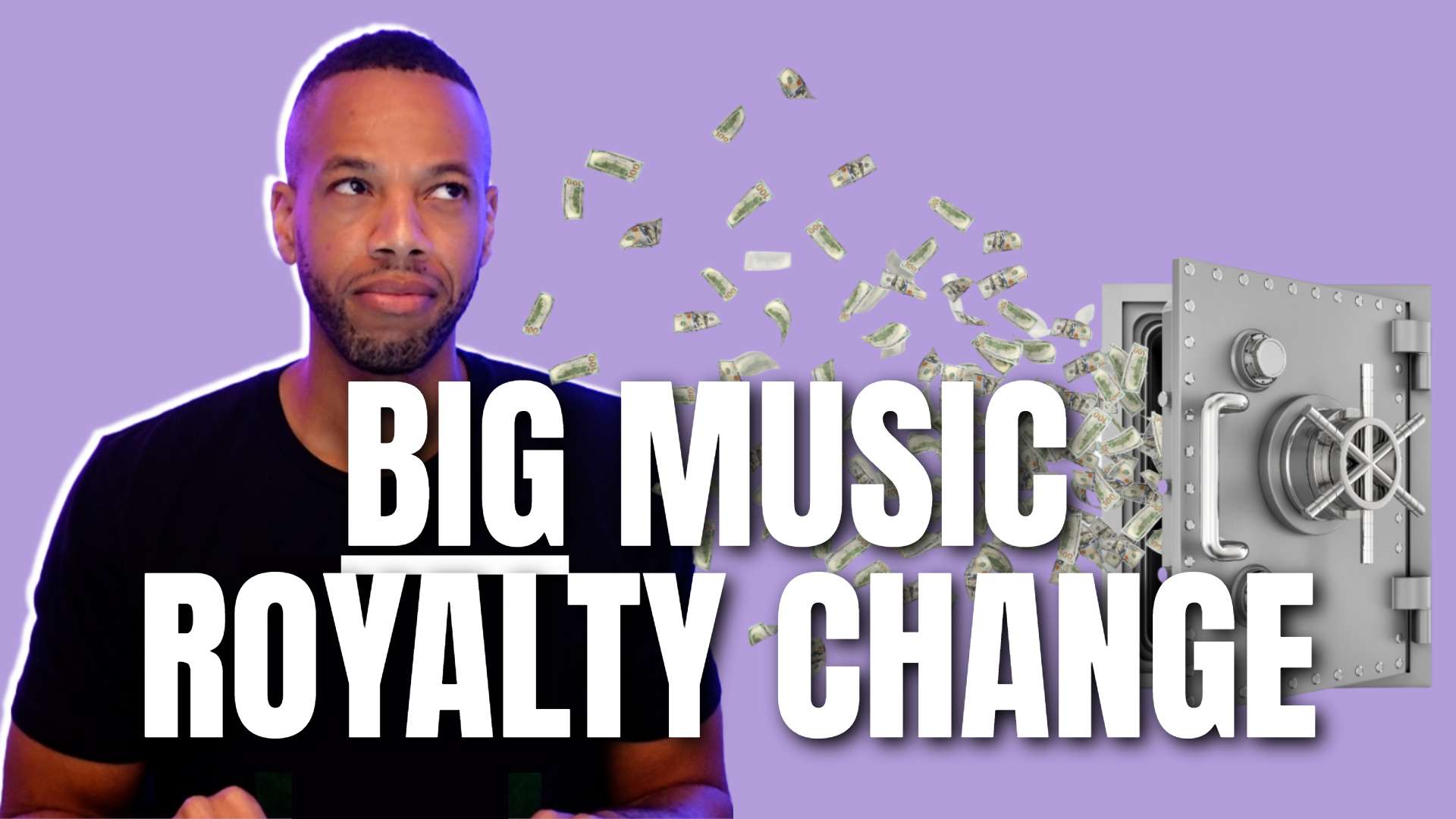How to Copyright Music: Right Ways vs. Wrong Ways

*This article may contain links to affiliate products & services. We have reviewed these services to try and ensure the highest quality recommendations*
Written by Ramsey Brown.
With so many online platforms today that specialize in helping independent artists share their music to the world and make themselves known — there are bound to be some difficulties or drawbacks that come with this in the long run. Now that music is so accessible and shareable to anyone with a smartphone, musicians and the protection of their intellectual property are now more vulnerable than ever.
The internet is a giant showcase of content and every second of every day there are thousands of new songs uploaded to various different websites. With so much music being available to thousands of eyes and ears across the globe, it unfortunately creates opportunities for people to plagiarize or steal music and appropriate the creative work of others.
Many musicians never stop to think about their music being stolen during the creative process. However, instances like this happen more often than you think and artists both big and small have negatively been affected by this in the past. The main reason musicians fall victim to this sort of piracy and music plagiarism is largely due to lack of knowledge about copyrights.
Music copyrights are an extremely important aspect of the music industry and a topic that all artists should be well aware of and educated about. Without the proper copyrights and protection of your music, your work is essentially defenseless and it can put your entire music career at risk. Especially for younger and independent artists, it’s crucial to begin informing yourself with the proper knowledge early on so you can develop in this business without any future problems or legality issues.
Our team at Omari MC is highly experienced in the field of music copyright and have seen firsthand the backlash it can cause to artists who move through their careers without it — which is why we’ve decided to provide this article for those wanting to educate themselves more on the subject.
Throughout this review, we are going to explain the ins and outs of music copyright. We are going to discuss the advantages it will offer you as an artist, along with the disadvantages it can cause you without it. We are also going to let you know how exactly you can obtain a music copyright and the steps you’ll need to take to register for one.
Although it may not be the most exciting topic to discuss, it is a very important one to ensure that your music and career is protected. As a musician, you are full of creativity and passion but you are not risk-free from people with less good intentions who may seek to take advantage of others' talent to make money. So, want to know more about music copyright? Continue reading and take note!
Everything You Need To Know About Music Copyright
Before we get into how to register for a copyright and the necessary steps artists must take to get one, we first need to discuss what exactly a music copyright is and what role it plays in the world of music. Having a clear understanding of music copyright and the legality behind it will prove to be an important aspect to the future of your music career.
What is a Copyright?
A copyright is what signifies ownership of intellectual property by a person or entity. A music copyright specifically designates legal ownership of a musical composition or sound recording. It can essentially be thought of as a license that grants the owner (or artists) certain rights to their creative work (we’ll discuss these rights more later). Ownership of your music copyright gives you leverage, protection, and power when it comes to making money from your music catalog.
For a work to be ‘copyrightable’, it must be original and fixed in tangible form, such as a sound recording affixed to digital format, disk, etc, or your literary work/lyrics written or printed on paper. Music is also unique in the way that every track has two copyrights attached to it:
The Composition - the lyrics and music (beat, melody, instrumental)
The Master Recording - the particular recorded version of that music and lyrics
Sometimes the same person or entity will be the owner of both copyrights if they have written/produced their own music and recorded it themselves. If you are under a label, there is a good chance that they control a portion of the copyright for a fixed amount of time.
However, it is typically not that simple. The structure of a song’s copyright can get complicated because there are normally many different people who assist in the creation of a song — think samples, quoted lyrics, external producers, ghost writers, assisted lyricists, and so on.
If you created a song with one or more people, you each own a portion of that song. You and your collaborators would then want to draft a document determining the splits (the percentage of the song each person owns), and register your copyright accordingly.
What Does a Copyright Do?
As we mentioned above, a copyright grants ownership of a particular song or recording. It also provides specific rights to the owner in order for them to make a profit from their work and protect the originality of their work. These 6 exclusive rights give copyright owners the ability to:
1) Reproduce the Work
2) Distribute the Work
3) Adapt or Arrange the Work
4) Publicly Perform the Work
5) Digitally Perform the Work
6) Publicly Display the Work
Among these 6 freedoms given to the owner(s) of the copyright, having your work copyrighted gives the owners overall protection if their content is stolen or misused — AKA copyright infringement.
If you feel that your music has been infringed upon, your first thought may be to sue or take legal action against the person or entity. However, according to regulations, you must register with the U.S. Copyright Office before you can file a lawsuit.
Registering with the U.S. Copyright Office is one of the most important actions you can take to protect your music and it’s something that you should want to do before or shortly after it is released to the public. In the unfortunate event where your music is stolen or misused, a registered copyright will be your ticket into court and give you the leverage you need to win the case.
How To Copyright Your Music
Now that you know what a copyright is and how exactly it works to protect your music, it is now time to discuss how you can go about actually obtaining one yourself. Due to the complex nature of a copyright in itself, many musicians believe that the process of getting a copyright is complex too. The truth is, registering for a copyright is actually pretty simple and it is fairly quick and cheap to do.
As we mentioned already, in order to copyright a song, it must be in tangible form. This means it has to be written down or recorded in some form that can be sent into the US Copyright Office. If you have already checked that box, you can now begin the process of registering for your copyright:
Create your account through the U.S. Copyright Office website
Fill out the proper registration form
Pay the registration fee
Upload a copy of your song as sheet music or an audio file
Submit and wait!
Important Note: Be sure to read all of the Copyright Office’s circulars on the applications types first – if your music is released, unreleased, or varied in authors there are different applications types that should be used.
You can choose to register either one song or up to 10 songs in a single application, for one single fee. If you are only submitting one piece of work, you will want to go through the standard registration process. Instructions and links to this will be found on your account registration portal under ‘Standard Application’.
If you choose to upload more than one song, or a group of up to 10 works, you will need to begin the application found under ‘Group Registration for Unpublished Works' (GRUW) inside of your portal.
Also to note, If you are applying for registration for a composition, you will use Form PA. If you are applying for registration for song recording, you will use Form SR. According to copyright.gov, you can use ONE form (SR) to register both the sound recording AND composition, as long as the author and owner are exactly the same for all songs listed on the application and the release information is the same.
What Can NOT be Copyrighted?
There is a lot of misunderstanding about what can and cannot be protected by copyright, so to make things easier for you and to avoid any confusion, below we have listed what you cannot protect via copyright:
Song titles - There are millions of the same or similar song titles in the world and this does not mean that you are infringing a law, it is something inevitable that happens in art. So you don't have to worry if your song titles are not entirely original.
Chord progressions - It is impossible to copyright a series of chords that sound the same as those in other songs. Music is made up of a limited set of notes and chords, so we will all end up using the same notes and chords at some point and we are not trying to appropriate someone else's work.
Incomplete works - If your songs are not finished you will not be able to protect them with any kind of copyright, because basically there will be no piece to protect. The application form makes it very clear that you will only be able to protect finished and ready-to-publish pieces of music.
Most Important Music Copyright Rules
The Copyright Act of 1976, codified in Title 17 of the United States Code, is the main piece of legislation on copyright in general, including music. The main takeaways from existing legislation are:
• The rule of originality — The copyrighted content must be new and original work which can be proven in court
• Copyright law violations — Copyright infringement cases are settled in a court of law, and the infringer will have to pay out in case that they copied registered work and the copy is sustainably similar to the original
• Record labels administer master recording copyrights — The most common scenario refers to record labels that sign the artist beforehand, pay for the recording, and own the master copyright, sharing profits with the artist depending on the contract
• Publishers administer compositional copyrights — Similarly to record labels, publishers usually hold the compositional copyrights, but the author always has a share (50%, in most cases)
• Copyrights are valid during the author’s lifetime and an additional 70 years — While in some cases copyrights may expire 95 years from publication or 120 years from creation, music becomes public domain 70 years after the last writer dies
• Cover versions — To record and distribute a cover song, you need a mechanical license that can be obtained from various licensing companies like Harry Fox Agency, Easy Song Licensing, and TuneLicensing. Performing a cover version in a live show doesn’t require any special permits
Wrapping Up
As you now hopefully understand, music copyright is extremely important for musicians. Not only does it grant you ownership of your work, but it also protects you from others stealing or duplicating your intellectual property. It is also a way for the artist, songwriter, and producer to make money.
With all of this information mentioned, it could be a detrimental career move not having all of your music copyrighted. Which is exactly why we recommend you register your music ASAP, especially if you already have your music released to the public. If you have any further questions about music copyright, feel free to comment on this post or head over to copyright.gov to register your work and learn more.
When your song is ready to go, it's time to start promoting it to potential fans! Omari has the best organic promotion services money can buy. With packages for Spotify, TikTok, Instagram, and YouTube, we will get your music the traffic and attention it deserves! Click below for more information.
SPEAK YOUR MIND
Leave a Reply
How This INDIE Artist Got Over 67,598,275 Streams On ONE Song
Join the No-Nonsense Music Marketing Newsletter to get the most valuable weekly case studies and strategies to grow your music business!





1 Response to "How to Copyright Music: Right Ways Vs. Wrong Ways"
Can you copyright license free content that is free for public use?